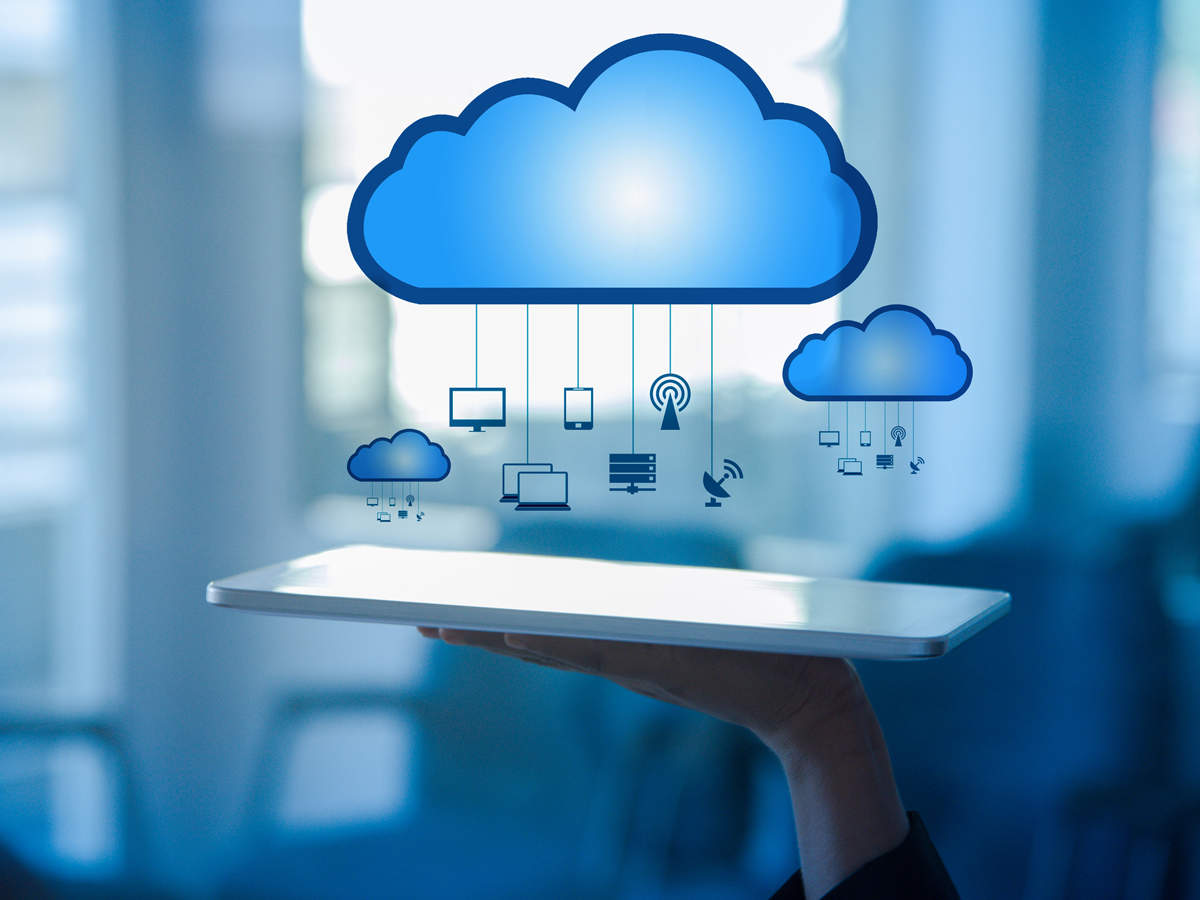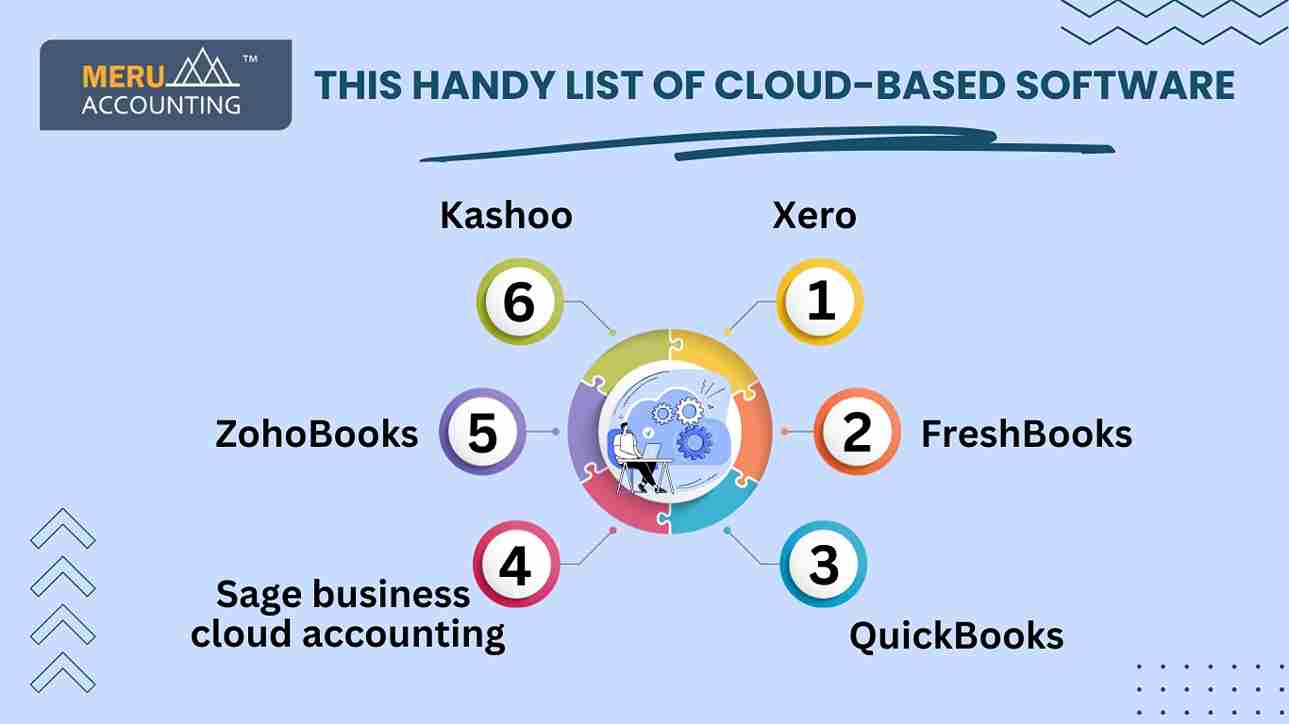Table of Contents

Why cloud based accounting is new norm of accounting
Almost every business are now switching to cloud-based accounting. Although the traditionally used software is available to meet the accounting requirements, the cloud-based software is proving to weigh more beneficial than traditional software.
Let us discuss every detail to validate how it has become a new norm of accounting.
What is Cloud accounting?
Cloud accounting is the same as traditional, on-premises accounting executed using software but, the software is hosted remotely on the cloud .i.e. online instead of the software hosted locally on desktop computers’ hard drive. There is an online sharing of the data where it is processed and returned to the user. The business doesn’t have to install and maintain software on an individual desktop computer as information is accessible from anywhere with an internet connection.
How does this cloud thing work?
In cloud-based accounting, files traditionally stored in the hard drive are now stored online. As now business information online, it is always accessible in the cloud-based software, you can log in into software service and perform various accounting practices on any computer across the globe with an internet connection. Even you can use this on your smartphones from any place.
Cloud accounting VS traditional accounting
The main difference between traditional accounting and Cloud-based accounting is on-site accounting. Cloud accounting is more flexible as it is easily accessible via an internet connection, in traditional accounting, you can have access to the accounting data only on the few selected on-premises desktop computers. Cloud-based software automatically updates the financial information and provide real-time reporting that the traditional software can lack due to manual set up. The cloud accounting requires low maintenance than traditional accounting as they need to handle software licenses, frequent purchase of hardware components, a fee for database management and other software.
The best part of the cloud-based software is the cloud provider automatically updates and completer backup, unlike traditional software where you need to download or install on a company computer.
Is it worth to go for cloud software?
Cloud security : The security of the data is a top concern when it comes to cloud accounting space. But don’t worry, Cloud accounting provides a security solution for crucial business information. Each cloud accounting software has its security policies describe the way to keep a client sensitive information safe and secure. These cloud providers use multi-factor authentication and encryption.
Accessibility : It facilitates remote services and anytime connection as data are shared online, enhancing the accessibility that increases to build a strong relationship between the bookkeeper or accountant and their clients.
Cost-effective : It does not needs high maintenance as compared to the traditional software where additional costs such as maintenance, updates, system administration etc. It also avoids the cost of transfer of data via cables, USB flash drives etc. as data is available on the cloud.
Smart work: It helps in integration with other cloud solution that increases the efficiency of the whole process and enhances your technology capabilities. It automates manual accounting and bookkeeping process that saves time and cost of the business.
Believe it or not, cloud accounting has become a new norm of accounting. It is the future of accounting that every business wants to adapt to grow their business.
You can refer to this handy list of cloud-based software:
- Xero.
- FreshBooks.
- QuickBooks.
- Zoho Books.
- Kashoo.
- Sage business cloud accounting.

